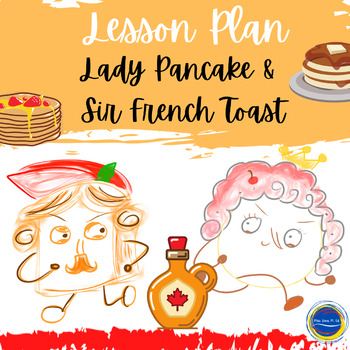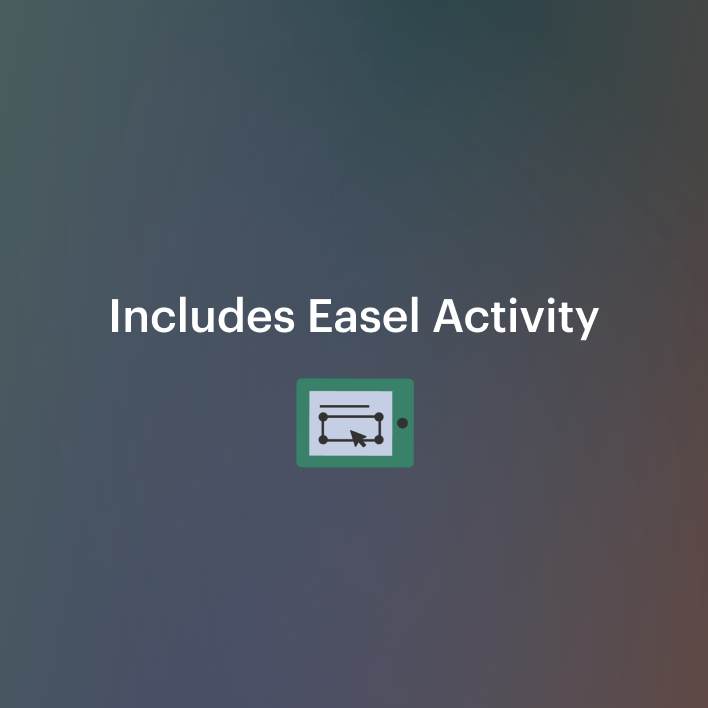Lady Pancake & Sir French Toast Food Pyramid and Healthy Eating Lesson
- PDF
- Internet Activities
- Easel Activity
What educators are saying
Also included in
- Lady Pancake & Sir French Toast and Mission Defrostable BundlePrintable & Nearpod (integrates with Google Classroom)This resource includes: Learning ObjectivesReading Comprehension QuestionsStory Sequencing ActivitiesStory Elements ActivitiesCause & Effect ActivitiesRhyming ActivitiesComPrice $6.50Original Price $7.98Save $1.48
Description
Lady Pancake & Sir French Toast by Josh Funk Lesson on food groups, food pyramid, and healthy eating.
Printable & Nearpod (integrates with Google Classroom)
⭐️ Bundle & Save ⭐️
Purchase Lady Pancake & Sir French Toast and Mission Defrostable Bundle and you will get this lesson PLUS Mission Defrostable Lesson Plan.
This resource includes:
- Learning Objectives
- Reading Comprehension Questions
- Story Sequencing Activity
- Story Elements Activity
- Cause & Effect Activity
- Rhyming Activity
- Compound Words Activity
- New Vocabulary Activities
- Sentence Completion Activity
- Food Pyramid visuals and text
- 5 Major Food Groups of the Food Pyramid
- Healthy Food Choices Activity
- Word Search Activity
- Text to self, text, and world activity
- Coloring Activities
- Nearpod Teacher Access is included on the last page of the file
- If you have any questions, please email me @ mrslenamed@gmail.com
This resource is great for:
- Teaching about the food pyramid
- Teaching about food groups
- Teaching about healthy food choices
- Teaching reading comprehension skills
- Guided Reading
- Literacy centers
- Independent work
- Distance learning, eLearning
- At home learning, homework
Here’s what teachers just like you are saying about this resource:
⭐️⭐️⭐️⭐️⭐️ Nancy, M. says, "My students loved this. I used this in a Nearpod and with Kami. Great resource to our Food Groups Unit. Thanks!"
Similar Resources and Skills:
*************************************************************************************
• Be sure to FOLLOW MY STORE for NEW PRODUCTS AND SALES >> click here
• Don't forget to leave feedback . You will receive TPT credits to be used towards future purchases!
Thank you,
Mrs. Lena, M. Ed.
©Mrs Lena M. Ed. - All rights reserved by the author. Purchase of this item entitles the purchaser the right to reproduce the pages for personal or classroom use ONLY. Duplication for other classes, an entire school, or commercial purposes is strictly prohibited and is a violation of the Digital Millennium Copyright Act (DMCA). To add additional licenses of this product, see your "my purchases” tab after purchase.






